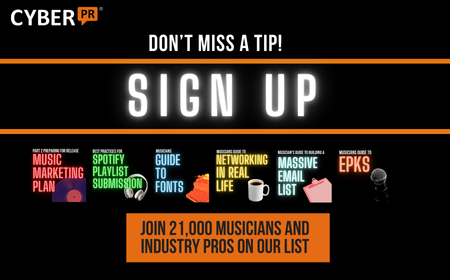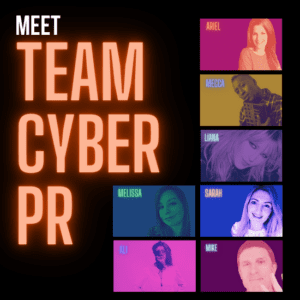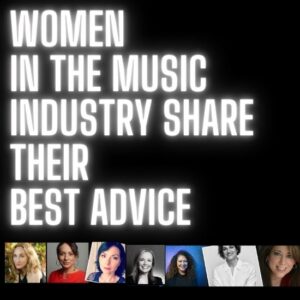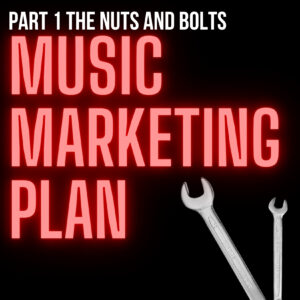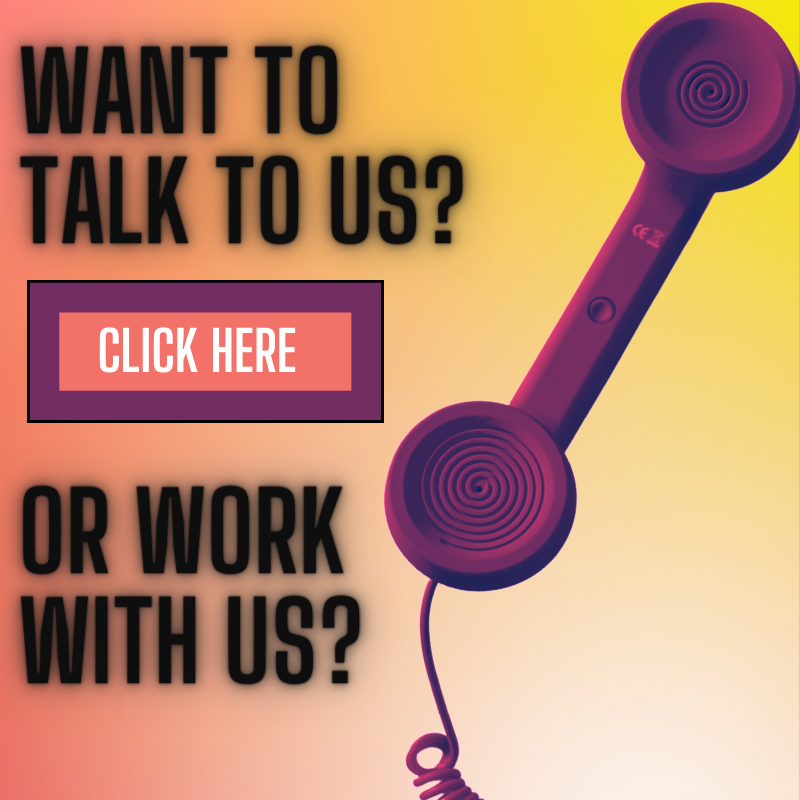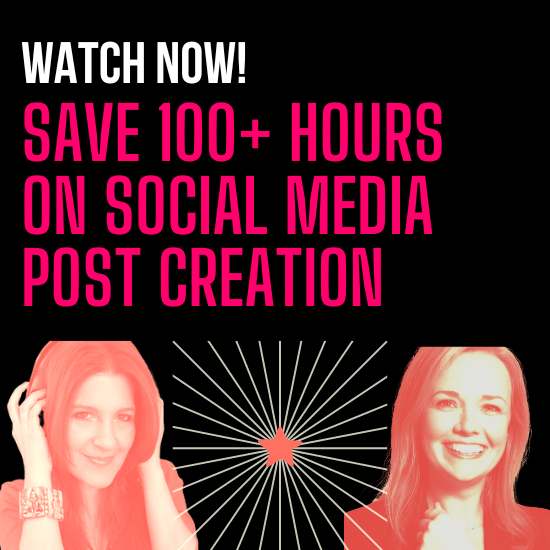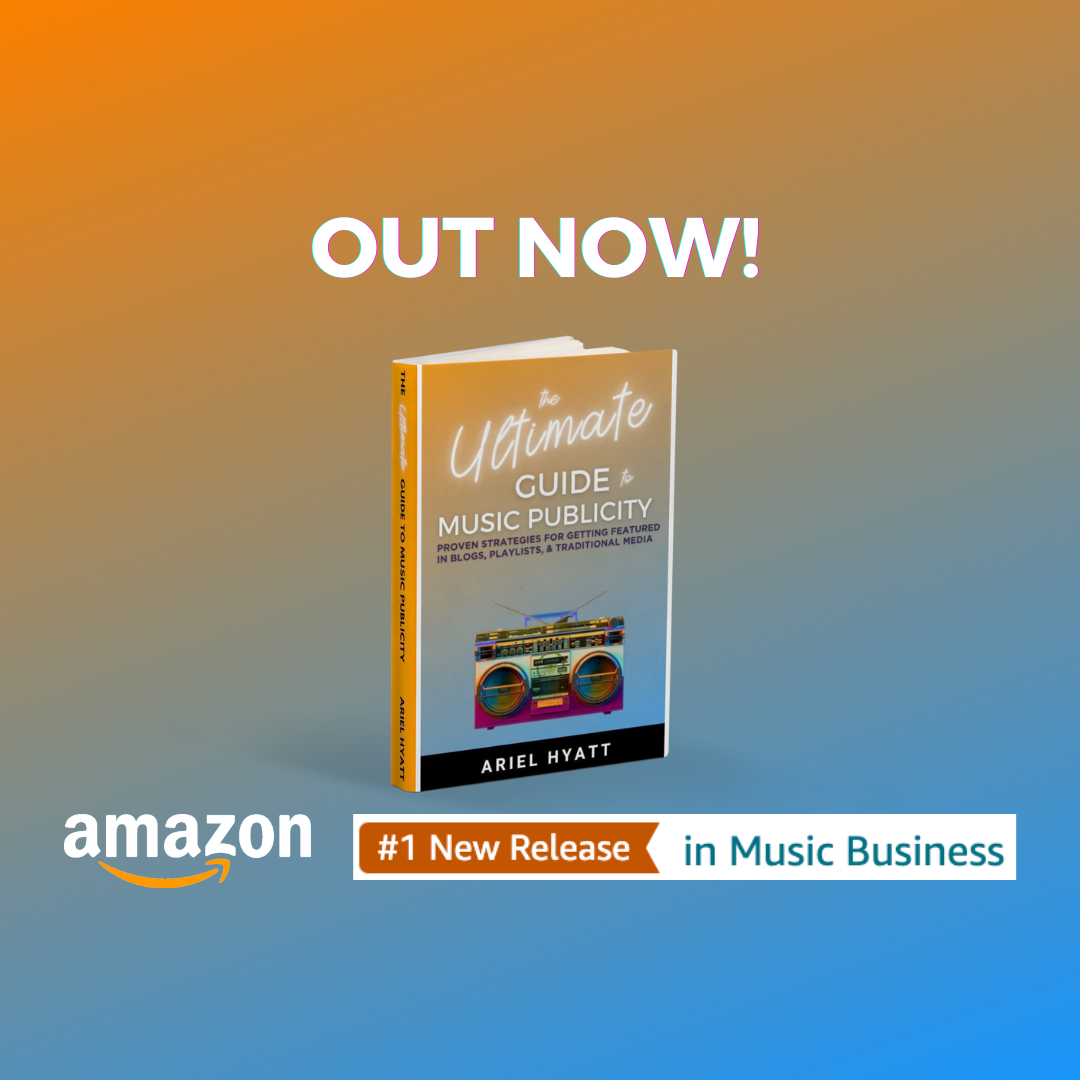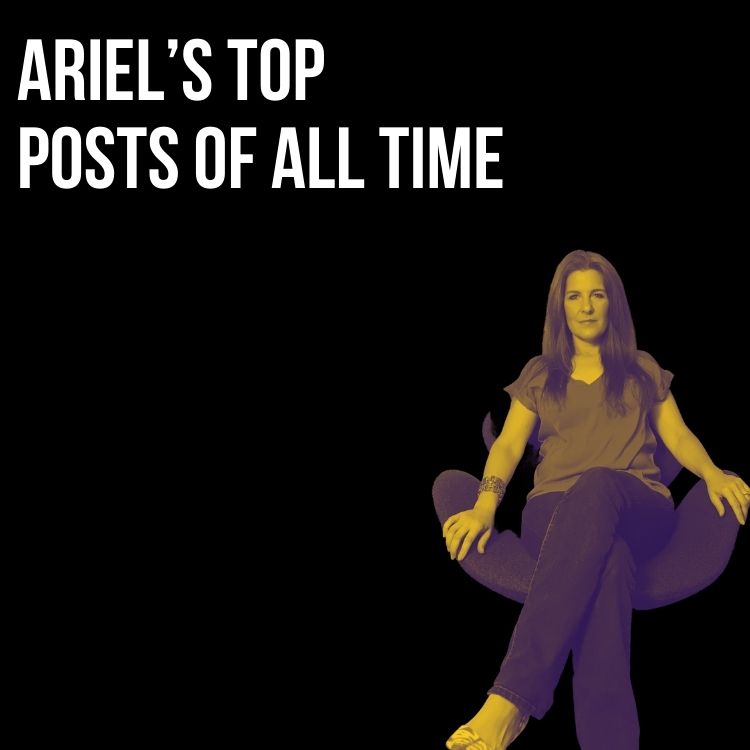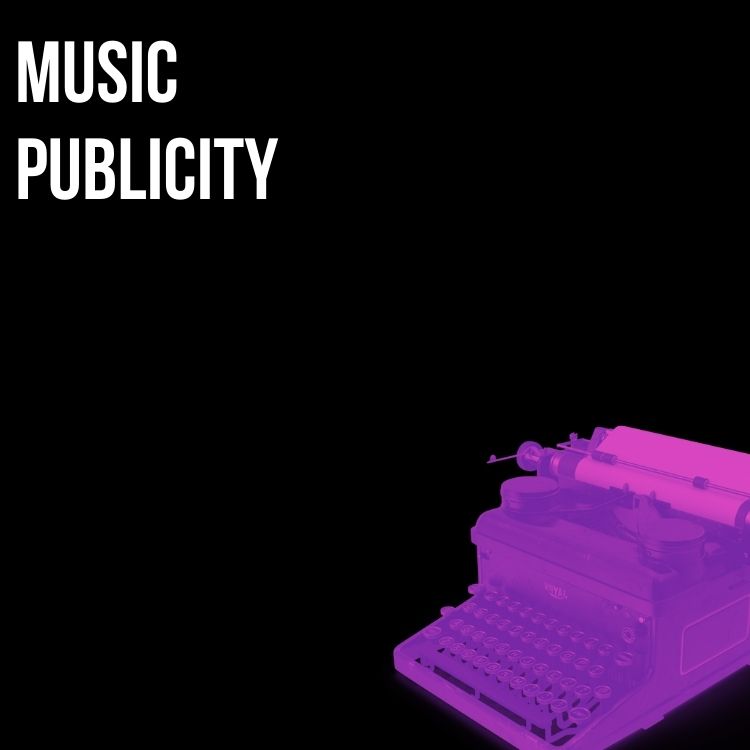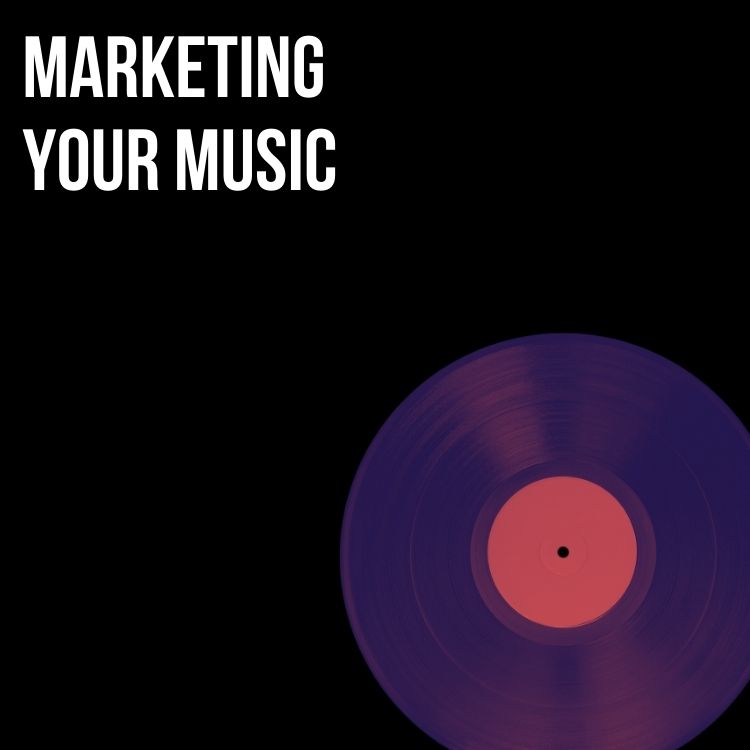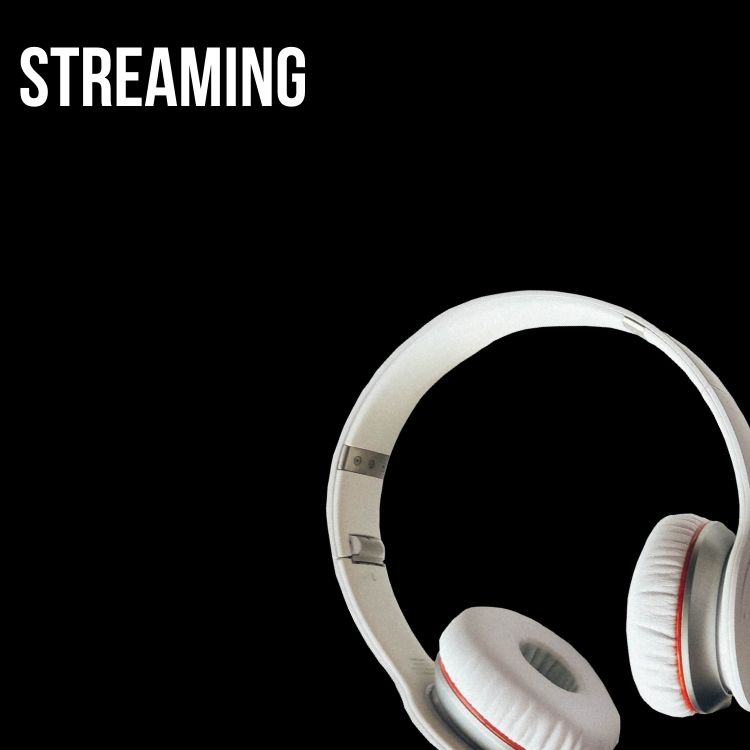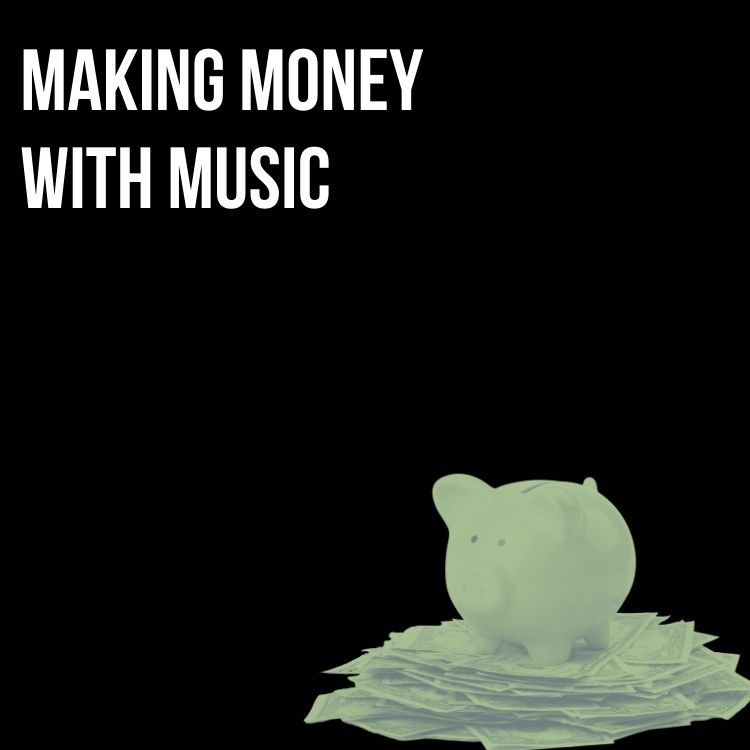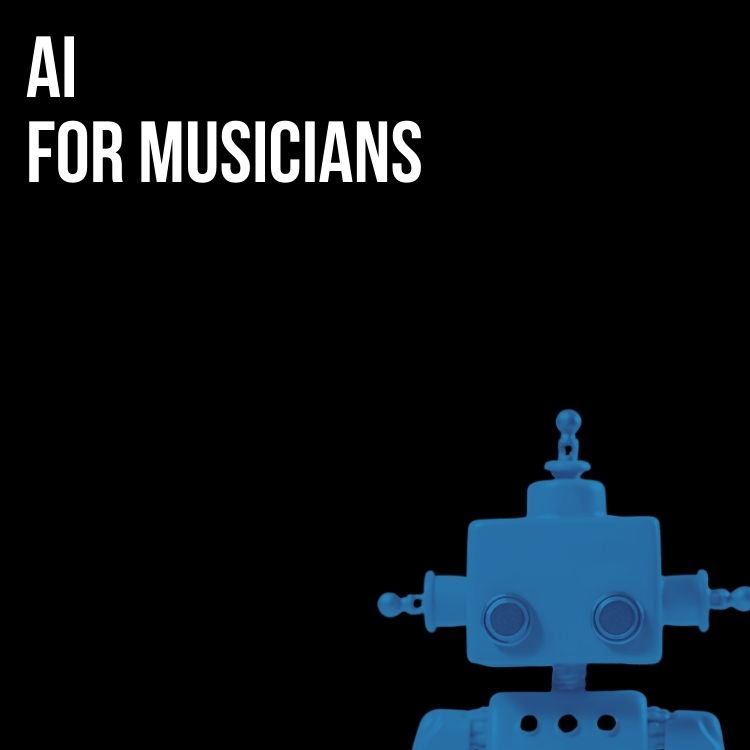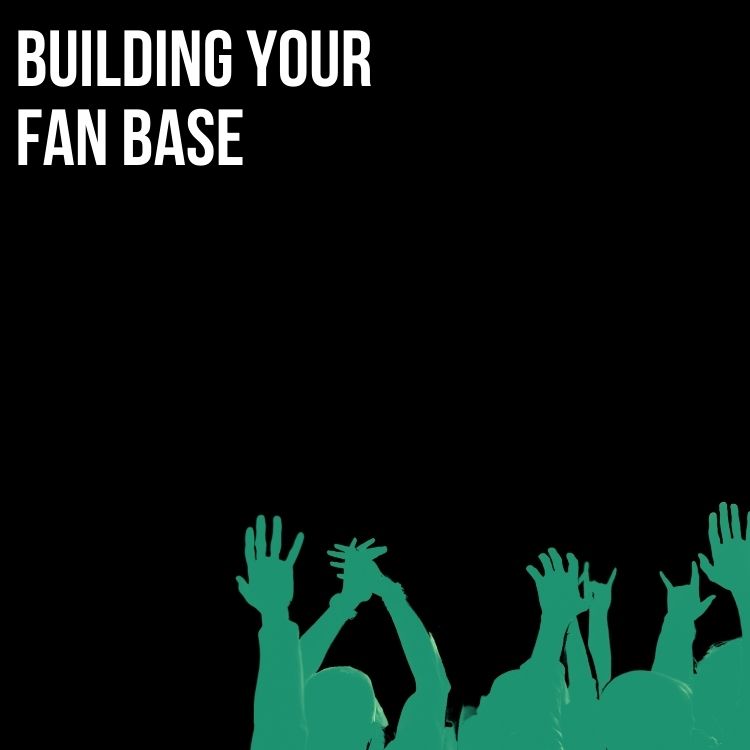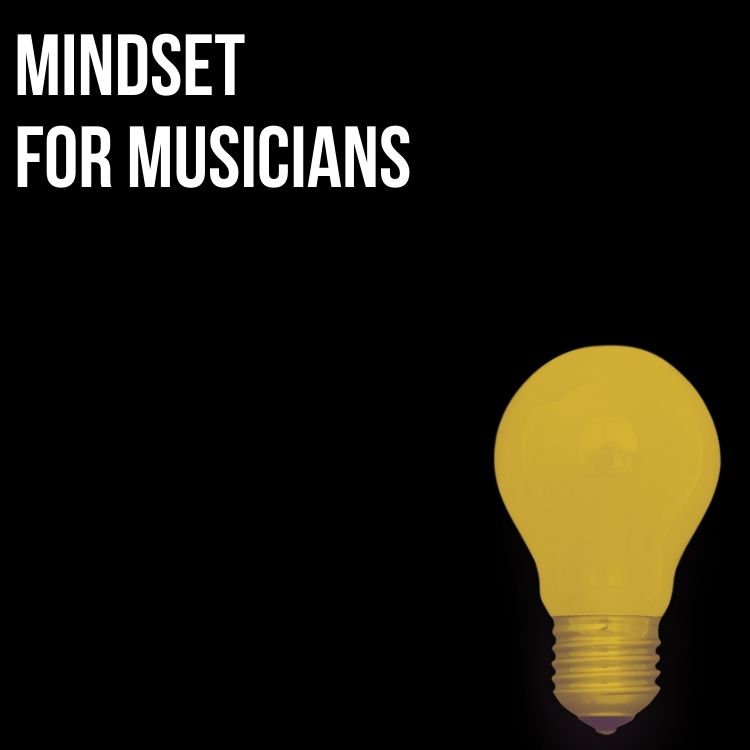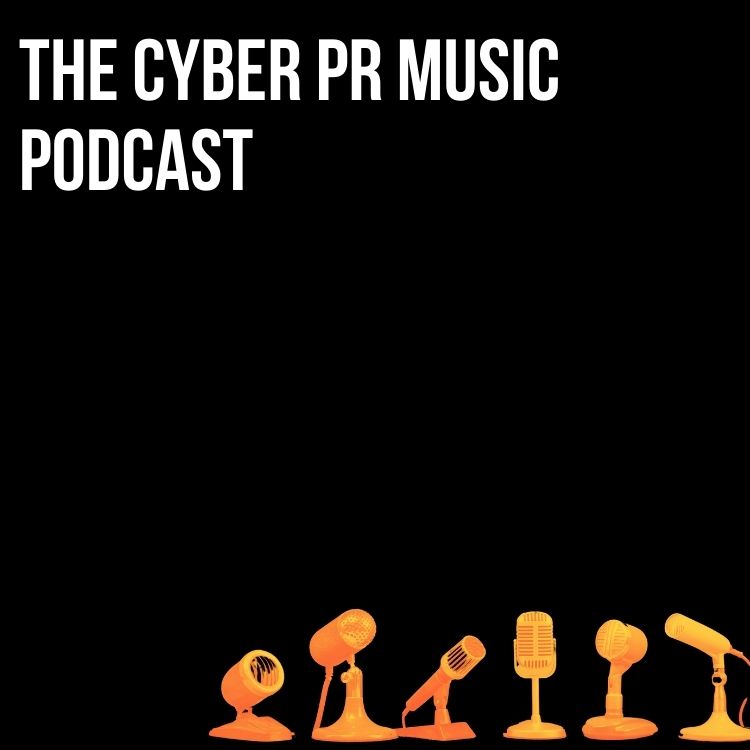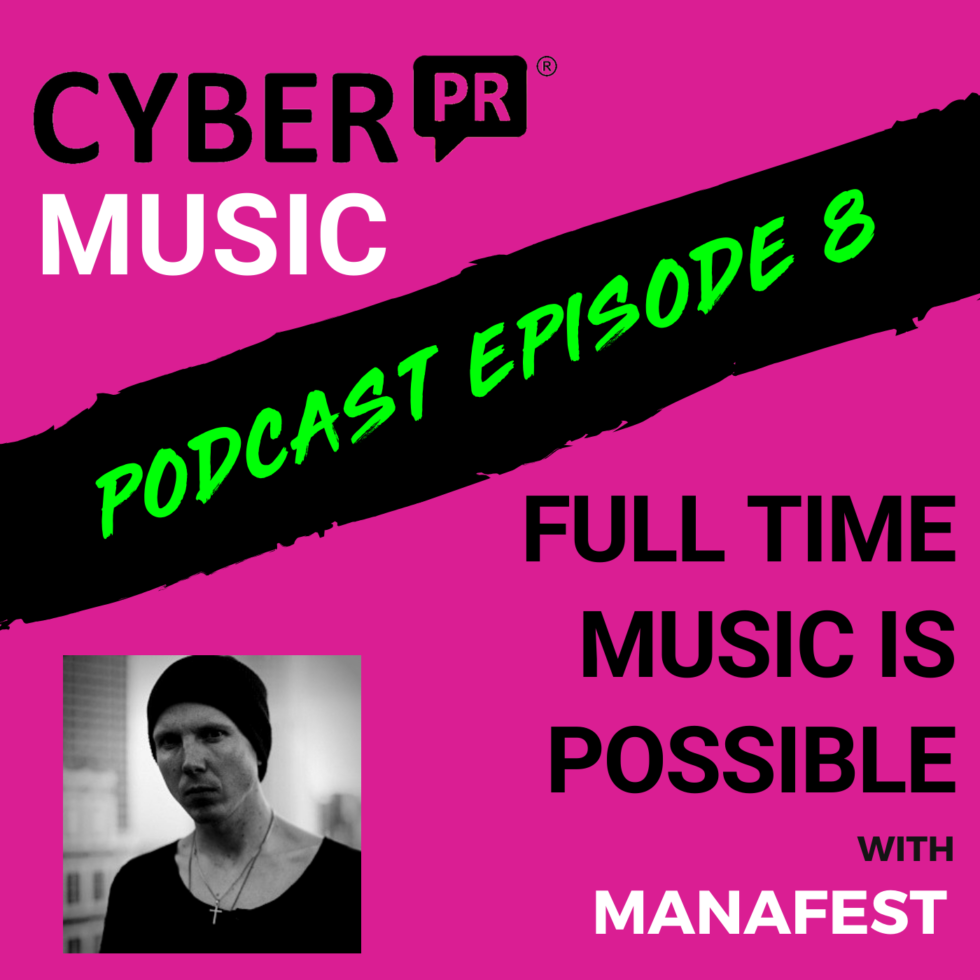
Chris Greenwood, whose artist name is Manafest has long been an artist I deeply admire. Back in 2010, he was a Cyber PR client and I helped him publicize his album The Chase which went on to sell over 50,000 copies. Chris and I had many chats throughout his campaign and he was very interested in learning everything he could from my book Music Success in 9 Weeks. Even though he was affiliated with a major label he instinctively knew to keep as much of his audience in his control as possible and he got serious about building his mailing list.
 The fact that he did, allowed him to bond with his fanbase who he emails them almost every day! This has allowed him to launch multiple crowdfunding campaigns and tours. When the major label went away he continued on without a hiccup.
The fact that he did, allowed him to bond with his fanbase who he emails them almost every day! This has allowed him to launch multiple crowdfunding campaigns and tours. When the major label went away he continued on without a hiccup.
Today Chris still makes music and by design, he tours less because he chooses instead to be home with his family. He uses the time he used to spend out on the road teaching and mentoring other artists to build sustainable careers. His site Fanbase University is a treasure trove or articles and tips to help artists and his coaching and mentoring programs are designed to keep musicians inspired and accountable.

LISTEN & WATCH & SUBSCRIBE HERE:
iTUNES | YOUTUBE | SPOTIFY
Episode Action Sheet:

Join the Cyber PR Music Newsletter
and get my FREE Music Marketing Checksheet
This podcast is now sponsored by our friends at Bandzoogle!
Connect With Ariel Hyatt & Cyber PR Music
YouTube
Tools, Articles or Other Tips Mentioned:
ManyChat
Crowdstart
Kickstarter
Links Mentioned:
Get your Music Marketing & Promotions ebook for free
Smart Music Business Instagram
Transcript:
Ariel: Hey, this is Ariel, and I am so excited to have a guest, a friend, a client – someone that I’ve known for a long time. Welcome, Manafest!
Manafest: Yeah, it’s awesome. I get to be all three, it’s so sweet!
Ariel: You also have a name, it’s Chris, but I know you as your artist name so.
Manafest: It’s so good to be here.
Ariel: So, Chris and I have recently reconnected. For those of you who don’t know him, I’m gonna let him introduce himself, but he has been doing a whole lot of things. Not only releasing his own music as a successful artist in his own right, but also helping artists to understand the confusing world of marketing which we’re gonna talk about today.
Manafest: Yeah, absolutely. Well, I’ve been doing music since 2001. That’s when I released my first EP, so that’s 18 years in the game. We’ve released, I think, a total of 13 albums. A lot were licensing deals with a label called Tooth and Nail in Seattle. On my third record, that’s when we got signed to a licensing deal. No advance, quit my job, pounded the road, went broke $30,000 in debt, forced myself to learn how to market my music and sell it and write radio-friendly songs had some success on the radio, had some success in Japan – blew up in Japan. Believe it or not we sold tens of thousands of records there. I got to tour over 22 different countries, I left the label system happily. I like to say I fired my record label. Radio forsook me, also. Stopped playing my songs, at least a lot of them did.
I had to learn how to market my music and I will just say this – over those 18 years, even though I was signed, I like to say me and my wife – because my wife’s my business partner and graphic designer and best friend – we always operate it as a label. We always operate with an independent mindset, which I think is the only reason that I’m still here today, because I’ve been able to survive outside of the label system. It’s 2019, I guess. In 2014 I had my daughter, and that’s when I also started to teach what I had learned, because in the green rooms before hitting the stage I’m always talking artists, “Hey dude, did you get your SoundExchange check? I got mine, it’s awesome.” “Oh, what’s SoundExchange, dude?” “Oh, hey man, did you get paid from SoundCloud?” “No, dude, I didn’t know you could monetize SoundCloud.” “What about YouTube, man?” And it’s funny that knows this stuff because they’re always like, “oh, my manager I’ll handle that, my record label handles that.” That’s why when you get off this tour you’re going to drive for uber and I’m going to work on more songs, you know what I mean? It’s because I did it myself. And so, that’s the kind of short of it. So I’m still doing music, still helping artists, and stoked to be here with you today.
Ariel: Amazing. I’m trying to remember the year we actually finally started working together.
Manafest: It was- was it 2009, or 10? I’m trying to think of what record it was. I think if I looked on my hard drive I could find my report that I got from you guys, I’ll see if I can find it somewhere. I should have found it before we got on this call. I still remember our coaching call, and won’t get into all that stuff, but it’s been a journey.
Ariel: So, that journey and those coaching calls. For those of you that know I run a PR firm, the dirty secret about what we always did here at Cyber PR was we weren’t just a PR firm – we were very much into empowering our artists and helping them understand whatever confusing thing was coming up, and you are always up for those coaching calls. A lot of clients would not want them they just like just please do my PR and leave me alone, and those artists – most of them are around anymore. I think you really do have to take on so much more than just making music, playing, recording, rehearsing – you know, the yummy stuff. You have to take on the stuff that, I think, is kind of painful, and that’s what you’re teaching artists to do. So, here we are, top of 2019. In the pre call, you and I talked about- the new reality is, we’re in a singles market. We’re in a market where people are consuming music in singles format. I’d love for you to share a little bit about how you’re navigating this new market with singles being such a focus. Do you have a system that you follow for releasing singles or how are you doing it these days?

Manafest: I’ll share a few strategies that are working for me. And to give some artists some ideas, Spotify is really crushing it for me, personally, in the algorithm – which, you know, you can really share your music and you can get on that Discover Weekly, you can get added to playlists. So I’ve been trying to release a new song every six to eight weeks, every ten weeks, because I want to trigger that Spotify algorithm, and all my followers to get a notification that I’ve released new music, and I stay top of mind. I’ve been doing that with new songs, I’ve been doing that with my instrumental albums, I’ve been doing that with remixes; you can do it with acoustic versions, you can even do it with a live version.
It doesn’t always have to be a brand-new song, but what I always say to the artist is, right when you get the master, you don’t go, “hey, let’s just whip it out there,” and have it released four days later, because that doesn’t allow you to submit to the Spotify curators, that you can do now through Spotify. Once you’ve uploaded it to say CD Baby, TuneCore, Distrokid – just for examples of digital music distributors – once you’ve got it uploaded there and you’ve got your release, you need to set that at least a month and a half and plan ahead so that you can give these Spotify Editorial Curators time to check out your song and hopefully get it added to a Spotify playlist. Since I’ve been doing that, I’ve been getting added to playlists – imagine that.
And that’s resulted in thousands of more streams – and one other thing I’ll just share, that’s really exciting – I could just go on and on about this. With my single cover and my artwork, for the first time we’re going to do this with a single – not an album, single – where we took the artwork and we put that on a t-shirt and did a campaign around the single, not just the album. I think you can do campaigns around the single, and the reason we can do that is because there’s this amazing thing called PrintOnDemand, where I can just upload that design to a company like Printful or Gearbubble and I can say, “hey, here’s the single, here’s the shirt,” like, I was wearing my own shirt. I got a sample made, so I had this shirt, I posted myself wearing it, and we sold a bunch. This what you’re saying Ariel. It is a singles market, but I think one of the things we’re all trying to figure out is, “how do I maximize it?” That means you need to create content and stuff around that single- and that’s just one idea, of course, lyric cards, music video if you want, lyric video you know so many things you can do. I think that gives them a few ideas to get running on it.

Ariel: I’d like to also point out that, yes, we’re in a singles market, but where I see a lot of artists making mistakes – and I know you do, too – it is exhausting, because we’re now going to always cycle like every four weeks, every six weeks, every ten weeks. Whatever choices you make about how often you want to release singles, I want to point something out. Chris is talking right now about Spotify and using his last single and really working on Spotify right now, but our philosophy here is each single can have a different path. One single you might choose because you’ve got a great video to use that single, to grow your YouTube subscribers. Maybe one single has a message in it or supports a charity, like Cassandra Kubinski just put out a wonderful video about dogs and animal rescue and so, if you’re doing something like that maybe you want to do it on Facebook, where people can share photographs of their dogs and get in the conversation about their love for animals. Maybe in a case like that, that single is going to have a Facebook focus. Maybe you set goals around each single.
Singles Will Set Your Marketing Free
The freedom in living in a singles market is we no longer have to do what Chris and I did back in the day, when I publicized your whole album. Which was like, here we go, we have a whole body of work we’re putting it all out on one day – which back then was a Tuesday. I would have to really work up to that day of release, and everything happened and crescendoed on that day. Then music writers would pretty much tell me, ‘well, the album’s already out, sorry,’ and we’d have to come up with the next video or second focus single. Though, in a singles market the beautiful thing about it is that each single can have a different purpose, and you can begin to plan so that you can round out your marketing efforts. It’s funny, we’re working with a jazz artist right now – she’s a little bit of an older artist, she’s from Madison, Wisconsin, she plays more wine bars and grown-up venues. Her most recent single, we decided it was going to be a Spotify single and she put a message out to all her fans, ‘hey, pre-save this on Spotify,’ and her fans didn’t really get it because they don’t really understand Spotify Pre-save. That was a big lesson. It doesn’t mean that she shouldn’t do that again in the future, but I think her next single we’re going to focus more on on Facebook and putting it on Facebook, and that’s going to be easier for her audience because they’re already on there and they don’t have to get familiar with a whole language they don’t understand.
Manafest: I love that. One thing we did with the single as well, I gave it away for free on Facebook. I tried two things – I gave the single away for an email address, and then on the next page was that t-shirt with a code to get a discount. Then I also instead of the email address, got a messenger subscriber so it gets sent to their messenger, and that’s a little bit more complicated but it’s messenger bought marketing. Basically it’s delivering the song to them via messenger, like getting a Facebook message that send them the Dropbox link. Then I could now market to them via messenger, and I found that really cool as well. But that’s probably another conversation.
Ariel: Cool, what tool did you use for that?

Manafest: ManyChat is what I use, and so I embedded that on my page, and I use a software called clickfunnels. It’s pretty easy to set up and it was pretty cool because instead of a name and email, they can just click send to messenger. There’s much less friction. And the open rates are bananas. They’re just ten times more than what email are, but the only thing is you don’t own messenger, as someone said to me during my campaign. [Ariel taught me] The money is in the list, and it still is after all these years. The email is still the most powerful thing, I think, because Facebook could just change the rules and I could spend all this money and get all those messenger subscribers via ManyChat, and then Zuckerberg gets pulled into the government again and they force him to change the rules and it’s like, ‘oh, you can’t message these tens of thousands of subscribers you have.’ But, I do have my tens of thousands of emails that I can still email. You know, get a diverse supply and don’t have your eggs all in one basket.
Ariel: So, do talk to us about your email list a little bit. That person that said the money’s in the list, that was me. It’s the least sexy part of marketing. I spoke to a manager today, whose artist was an American Idol winner and that winner has hundreds of thousands of fans on social media, and their email list is less than three thousand people, which is shocking. It’s not an uncommon story. So, tell me a little bit about how are you managing. I know that email is not sexy, it’s not everyone’s favorite, it’s hard to deal with it because a lot of it goes into people’s spam or promotions folder. How are you managing your email list, and do you have any tricks to get people to engage?

Manafest: Absolutely. It’s having fun with it. People don’t think of it as business, they think they have to sell or they think they have to be cool, and they think they have to be corporate. First of all, write an email like you would write to a friend. Think of them as your friend. I just use text. I load a couple of images at the bottom, like some photos from whatever it is – merch or whatever – but I like to call it infotainment. I look at it like a blog post, and I try and be funny, I try and put my personality in there, I try to make the subject lines curiosity based. I sent something about my new book that we’ll talk about later, and I put in the subject line ‘new book but it’s not what you think.’ If I put ‘new song but it’s not what you think,’ I want to open that. It’s writing trends and things that are going on. I always say, tell a really good story because we’re really talking about marketing, and marketing is boring, but marketing for artists can be really fun. If you’re sharing a story about a song, say we’re talking about a new single. That girl Cassandra, I think about dogs, what if at the beginning it was, ‘can’t believe this is happening my dog,’ or ‘dog story that will break your heart,’ and she starts talking about the dog story, and then she goes, ‘by the way, I wrote a song about this, you should go check it out.’ Entertain, be fun, and then lead into it. That’s what I always teach, and that’s kind of been working really well for me because it allows me to sell in almost every email.
Selling Without the Sleaze
You are selling, you’re selling yourself. But it’s without being sleazy, like, ‘go check out my music, my new music video.’ That’s great, new music video, I don’t care. If you say, ‘music video to support epilepsy,’ or something like that. Just connect it to your heart and put that in the subject line, put that in the email. Then you can email your list every day like I tried to do. Believe it or not, everyday I try to. And some people get freaked out about that. And I don’t always, but I try to. Because I’m not being like, ‘buy my crap,’ all the time. Yes, there is always something like a music video to go look at, send them to merch or something like that, but it’s always like a story. I try to do really encouraging and inspiring stuff. I can’t remember what I wrote the other day. I talked about my anxiety on something, and then I led to my song Fearless, and I think I had my Fearless wristbands. But I talked about stuff I was struggling with. You know how you know if you’ve hit it? If you get lots of replies. Then you have pricked their hearts and you’ve touched on something, and that’s good. And don’t be scared of people unsubscribing. They’re probably not going to buy anyways, they’re probably really not your fans, they are just the freebie seekers that. You want to get those off, because when you start to get tens of thousands of emails, or just thousands, it gets expensive. You only want to the hardcores on there.
Ariel: Amazing, so really what you try to foster is that two-way conversation, which is funny. I think a lot of us hate email newsletters because you feel like it’s this one-way thing that’s coming at you, but really what you’re saying is, ‘I’m having a conversation,’ and that’s a beautiful thing. I bet a lot of your fans answer and feel like they’re having a two way conversation with you. You must spend a lot of time answering those newsletter emails.
Manafest: Sometimes, some people respond. Another trick, too – when you respond, that tells the ISP that’s delivering your emails that these people talk, so there’s less of a chance that it’ll go in their spam. It just gets your ratings up and your delivery higher, so you do want to try and respond. One idea is like, don’t just check out my music video, leave a comment, let me know what your favorite part was. Bring them into the conversation because everybody wants to have a voice. It’s the same thing with Instagram. ‘I get no comments, I get no likes,’ because you don’t invite people into the conversation, you’re not inviting them to be social. You think you are just posting – that’s not social – social is, ‘hey, what do you think of this, did you go see that, what are your thoughts.’ It’s simple and I’m a culprit of not doing it enough either, so I don’t get the results I want sometimes.
Ariel: There you go. You always have to remind yourself, ‘how do I want to answer this if I’m looking at someone else’s stuff?’ That’s always the best way to decide if you’re doing the right thing with marketing. So, one of the ways that I know you’ve managed to sustain your career is you are quite fearless when it comes to crowdfunding.
Manafest: It’s the scariest crap, every time. I don’t even know what to compare it to. It’s always scary, either way, you gotta press that go button.
Ariel: That’s for sure. So, how many crowdfunding campaigns have you run over the years?
Manafest: I think we’ve done six.
Ariel: Six.
Manafest: One book and five albums. Wait, no. Moment. It was before that. It’s like five or six.
Ariel: Tell me about those. I know so many artists that are like, ‘I tried it once, I’ll never do it again,’ because it felt like such a soul-sucking experience. In my book, Crowdstart, I interviewed a lot of artists that definitely said they felt a lot like carnival barkers. They didn’t love the whole experience. I know Kickstarter is your crowdfunding platform of choice, is that where you continue and what you continue to use?
Manafest: That’s what I’ll use when I do another one if I we do end up doing one this year. I did one last year for a remix record, it did not go as well. Part of it was the platform, but part of it, I think, is because it was a remix and fans don’t necessarily like a remix as much as they want new content. But I will do a Kickstarter, I’m just wanting to do something really really new and different. I might not do a CD this time, or I might just do a really limited run of CDs and do something a little out of the box. I haven’t decided yet and I don’t want to reveal the idea yet, because I haven’t seen anyone do this. Just not ready to share. Once I tested it on myself and whether it failed or whatever, I’ll share with the world. I’m gonna do it again but it is always scary and at the end of them, especially when if you don’t have people helping you package and so on, it is a lot of work. But you also make a lot of money if you do it right, and it pays for a lot of the studio and for your merch, but you’re gonna go on tour and it just creates insane amount of buzz, I personally think. I think what I like about it, I always say to artists, it’s not if you do a crowdfunding campaign, it’s when. Because they’re just so powerful at marketing and it forces you to do the hard stuff I think. You have the ability of making so much more money if you put some thought into it and it allows you to do what you love. I really hate them and love them.
Ariel: I understand, so do you have a tip for people that are thinking about crowdfunding? How do you even begin, is there are a time of year that you think people should crowdfund, or like how should an artist decide if and when it’s right for them?
Six Crowdfunding Campaigns & Counting
Manafest: hen it’s your first one you’ll be surprised at how much family friends and even fans will get behind, you especially your first one. It’s not about just like the music as much as it is about just supporting you and why you do the music and why you’re doing it, put your heart behind it. It’s really important to share that in the video to keep it short keep it sweet but have a real cause behind it. For one of them, because my sister was going for her third brain surgery, we decided to team up with the charity the Epilepsy Foundation to raise money for epilepsy, and so there’s a cause behind that. That allowed me to also just share without being sleazy, you know, or feel like I am. The bigger your why is- I could have talked about losing my dad to suicide, or I could have talked about wanting to write a record about a cause even, or something that makes it even bigger than just me. Again, when you can, if you can, really get in your head that you love this music and you believe in it so much and you can translate that. Like, ‘guys I am so excited because of this song cuz my heart was ripped out by this girl or by this guy and I want to write these songs and I hope they speak to you, that’s why we made this shirt, to keep loving people or forgive.’
Ariel: We’re doing a marketing branding course with Bobby and he said on the first call this week, your branding starts with your Why, and in your journey – which has been long – your Why changes. Sometimes your Why was about your sister and raising awareness for epilepsy and talking about something very near and dear, and maybe it’s not always that deep. Maybe sometimes the Why is, ‘I just want to put out a really fun song, I want everyone to dance,’ and that’s okay. Both of those things are legit, and they are both equally interesting from a marketing and fundraising point of view, but I love that that’s how you chose to share those things. And back to Cassandra the dog video that she created. A part of the proceeds are going to the Humane Society and some other charities that support animals, so, again, you can always wrap a Why in. I think that sleaziness that you’re talking about feels completely transformed when you have a charity, a platform, another reason why you’re doing this involved.
Manafest: And you don’t have to have a charity, it can just be the passion, your cause of your music, because your music is going to impact people. I love how you said it doesn’t have to be serious, there could be just a party rocker. ‘I always want to party with you guys, give you guys something to party with on the weekend.’ Just as long as the passion is there and you’re being real and honest, it’ll ease out for sure.
Ariel: Fantastic, so what are you up to these days in your coaching? I know you’ve got a lot of different things that you’re helping artists do. What’s the thing right now?
Manafest: Right now, we’re really excited. This book we just kind of launched, the Music Marketing Promotions Guide. I know you got one there too. People get a free one of this, we’ll talk about that later. I’ve been coaching artists since 2014, and that book specifically is just kind of talking a lot of what we talked about today, but giving you stuff to do everyday and tactical things to market your stuff, and ideas to wrap your passion around promoting your music everyday, giving you different ideas to promote your music every day. I know it’s like, ‘I want to talk about it every day, I want to post something every day, but I don’t know what to say.’ There’s something in there called the 10x challenge where it gives you ideas to go contact booking agents each day or contact blogs, but just give you something to do because if you’re a psycho about your career like I am, it’s just like, ‘I just want to do something, and I want to move, I want to move it forward today.’ I will say I’m always about hard work, but it’s not so much about working harder as it is working smarter. So that’s why I called my company Smart Music Business, because I spent the last 18 years doing it the dumb way.
Hopefully, you can do it the smart way, and teaching artists just how to really leverage this internet thing. if I could go in a time warp, I would go back and try and leverage radio. Well now the Internet, Facebook, Instagram, YouTube, that is the new radio, the new MTV, the new leverage of being everywhere. So I really help artists get their music out there to the masses right from their home. If you want a tour, sure let’s tour, but let’s do it smart, none of this grinding it out because buddy, manager, booking agent just wants to slog it out. I really don’t believe that anymore. I think I’d rather see someone buy onto a tour, or get onto a bigger tour in a different way, or build the fan base first. We didn’t get into this but I put the cart before the horse. ‘I put up my music so everybody should come see me,’ it’s like, no, put up the music, build a fan base. You’ve got a fan base there? I’m gonna go see my fans because they want me there. And that happened for me in Japan. I was so successful because I had the fan base first. But that’s one of the things I teach, and I have a mentorship called Fanbase University where I coach artists. Twice a month they get a video chat, like how we’re chatting, and I answer questions and go back and forth and just sometimes look at their Facebook Ads, sometimes look at their posts, listen to songs – anything, you name it, crowdfunding ideas, merch ideas. I coach because sometimes they aren’t ready for a manager.
Ariel: That’s the other thing they always ask me, ‘how do I get a manager, how do I get a booking agent?’ I’m like, ‘well, unfortunately, until you’re at a certain level, those things might not be so forthcoming.’ It’s wonderful what you are offering artists; everybody needs a coach, right?
Manafest: I do, I hire coaches all the time. I’m on my learning journey, so I have some because I need to keep learning. If my tank is empty, I have nothing to feel like I’m learning from. I’m learning from so many people, and then sharing that, and it’s just really important. You gotta keep learning, and we could go on for an hour about the whole manager thing, but yeah, you need to build your career up to the point where a manager would be interested. They can make money off of you, or take your career to the next level and help you, but you’ve gotta get it to that point where someone can take it farther. You’ve got to put the hard work in and get a tour, get all those things going, and some fans so they can help you.
Ariel: And some money coming in because, frankly, managers work on percentages not on fees, as do booking agents. So 10% of not very much will not make an interested manager, which is not a charity. So, to wrap this up, because I could talk to you for hours. Step one, release singles. We are in a singles world, and you should be thinking about everything that you put out in a singles way. Number two is your email list, building your email list, communicating back and forth with them so you don’t go into the weird promotions folder, and being candid. Thing number three – working up to crowdfunding and doing crowdfunding, very brave of you, multiple times. So it’s not just a one-time, one and done, but it actually is something that allows your fans to go along on a journey with you. I love all of those things.
Manafest: hat was good. And they build on each other, maybe you’re listening to this right now, and you’ve only released one song or you’re scared to do a crowdfunding campaign. Well, once you’ve released one, you’ll build the courage to release another one, and then and you’ll learn some things, and you’ll get a bigger perspective, and it’ll get easier and easier as you do it. So, I encourage you to take the leap of faith. Do it.
Ariel: But first, build an audience. So, how can we get your Music Marketing Promotions Guide? I’d love for you to tell them a little bit about that.
Manafest: Yes, you can go to smartmusicbusiness.com/ariel. Tell me I said your name right, Ariel.
Ariel: Yes, and at my age I’ll answer to anything.
Manafest: Oh my gosh, it’s the essence life. smartmusicbusiness.com/ariel and you can get a free copy. It also comes with a video course that walks you through the whole thing. So we’ll actually mail this out to you, and you get the e-book, and the audiobook. All you have to do is cover the shipping, that’s only $6.97. So, go there and get that, and you will not be disappointed.
Ariel: Amazing, thank you so much for your time today.
Manafest: Yeah, absolutely.
Ariel: What’s your social media drug of choice, where can they find you if they want to hit you up with a question?
Manafest: I would say Instagram. @smartmusicbusiness – just look that up, same Facebook or YouTube. We try and post a youtube video every week trying to again respond to comments. I got a guy that helps me as well – who’s an artist and helps me help you guys. So yeah, any anywhere. There’s smartmusicbusiness.com or fanbaseuniversity.com if you want to get into the coaching stuff. I think it’s like only five bucks for the first month, and then thirty a month after that. So it’s really affordable to try to make it, and you can quit any time.
Ariel: But don’t quit.
Manafest: You can quit anything of mine, just don’t quit on yourself.
Ariel: Thank you so much, I will see you on the Internet my friend.
Manafest: Absolutely, peace.
Subscribe for more!
Back to The Blog

